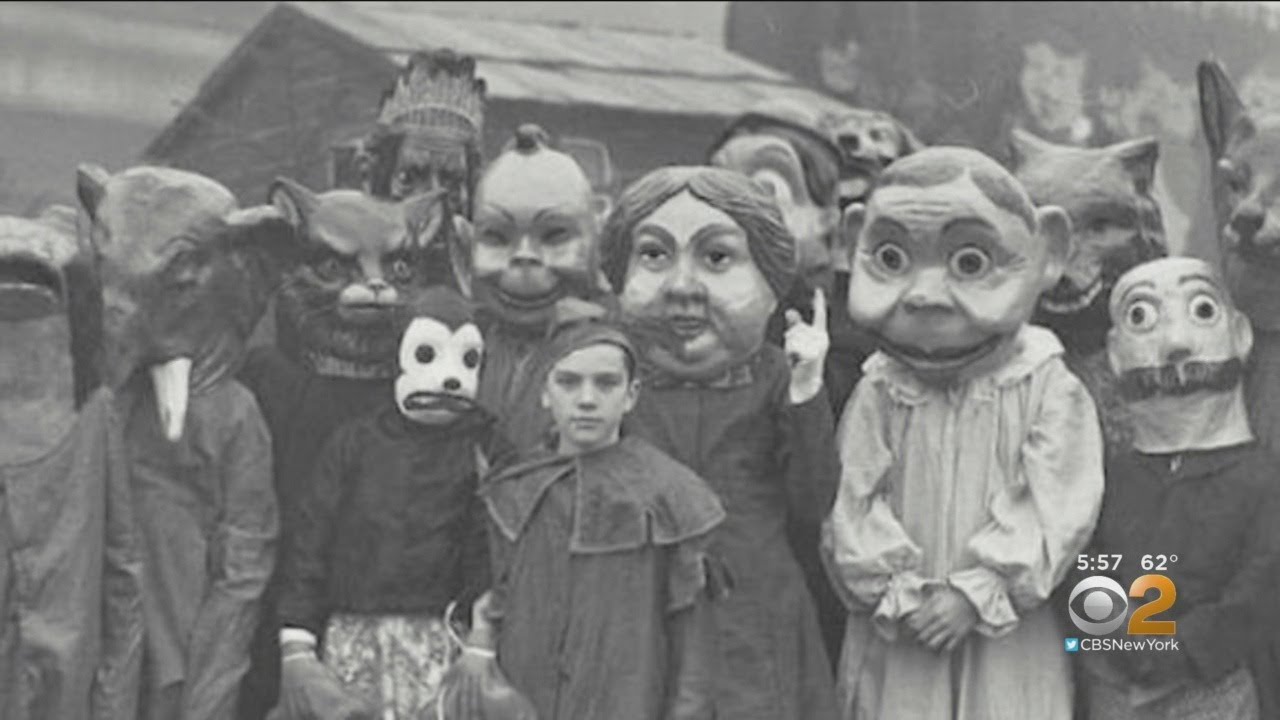Is Halloween a Federal Holiday?: The Definitive Answer in 7 Startling Revelations!
Halloween, the beloved holiday filled with costumes and candy, has long been a highly anticipated event for both children and adults alike. But amidst the excitement, have you ever wondered if Halloween is actually recognized as a federal holiday? Well, the answer might surprise you. While Halloween is not considered a federal holiday in the United States, it is widely celebrated across the country on October 31st each year. So, what does this mean exactly? Let’s take a closer look at the intriguing world of Halloween and its status as a non-federal but widely celebrated holiday.
Introduction to Halloween
Halloween is a widely celebrated holiday that falls on October 31st each year. It is a time for dressing up in costumes, carving pumpkins, and indulging in sweet treats. But have you ever wondered if Halloween is considered a federal holiday in the United States? In this article, we will explore the origins, traditions, and cultural significance of Halloween, as well as discuss its status as a federal holiday.
Halloween as a Cultural Celebration
Halloween has become a cultural celebration that brings together communities and individuals of all ages. It is a time for creativity and expression, as people don costumes ranging from spooky ghosts to beloved superheroes. Decorations such as jack-o’-lanterns, cobwebs, and skeletons adorn homes and streets, creating a festive atmosphere. Halloween parties, haunted houses, and trick-or-treating are all part of the excitement that surrounds this holiday.
Halloween Traditions
Trick-or-treating is perhaps the most well-known Halloween tradition. Children go door to door in their neighborhoods, dressed in costumes, and receive candy and other treats from generous homeowners. This tradition dates back to the early 20th century and has become a beloved activity for families. Other traditions include carving pumpkins into jack-o’-lanterns, attending costume parties, watching scary movies, and visiting haunted attractions.
The Origins of Halloween
Halloween has ancient roots that can be traced back to the Celtic festival of Samhain, which marked the end of the harvest season and the beginning of the dark winter. It was believed that on the night of October 31st, the boundaries between the living and the dead were blurred, and spirits roamed the Earth. To ward off these spirits, people would light bonfires and wear costumes to confuse and scare them away. Over time, the celebration evolved and incorporated Christian traditions, eventually becoming the Halloween we know today.
Halloween in Different Countries
While Halloween is predominantly celebrated in the United States, it has also gained popularity in other countries around the world. In some countries, such as Ireland and the United Kingdom, Halloween has deep historic and cultural roots. In Mexico, the holiday is celebrated as Día de los Muertos, or Day of the Dead, a time to honor and remember deceased loved ones. Each country puts its own unique spin on Halloween, incorporating local traditions and customs.
Halloween’s Evolution in the United States
Halloween in the United States has evolved significantly over the years. In the early 20th century, the emphasis was on community gatherings and mischief-making, with pranks and vandalism being common. However, efforts to curb these activities led to the introduction of more organized events, such as parades and parties. In the mid-20th century, the focus shifted to family-friendly celebrations and trick-or-treating, which became the mainstay of Halloween traditions.
Halloween as a Public Holiday
While Halloween is a widely celebrated holiday, it is not recognized as a public or federal holiday in the United States. Federal holidays such as Christmas, Thanksgiving, and Independence Day are days off work and are recognized by the government. Halloween, on the other hand, is considered a secular holiday and is not designated as an official day off. However, many schools and businesses may close early or have special events to celebrate Halloween.
Federal Holidays in the United States
In the United States, there are ten federally recognized holidays. These include New Year’s Day, Martin Luther King Jr. Day, Presidents Day, Memorial Day, Independence Day, Labor Day, Columbus Day, Veterans Day, Thanksgiving Day, and Christmas Day. These holidays are observed by the federal government and most businesses and schools. Federal holidays have historical or cultural significance and often include days off work and special events.
Halloween’s Status as a Federal Holiday
Despite its widespread popularity and cultural significance, Halloween has not been recognized as a federal holiday. This means that it is not a mandated day off work, and federal employees are not entitled to special benefits or pay for working on Halloween. However, individual states and cities may have their own laws and regulations regarding Halloween, such as designating it as a school holiday or observing it with specific events and activities.
Discussion on Halloween’s Federal Recognition
The question of whether Halloween should be recognized as a federal holiday is a topic of debate. Proponents argue that Halloween is an important cultural celebration that brings communities together and should be recognized officially. They believe that it deserves the same status as other holidays that are federally recognized. On the other hand, opponents argue that Halloween is a secular holiday and should not be given the same significance as religious holidays such as Christmas. They believe that the recognition of federal holidays should be limited to those with historical or religious significance.
In conclusion, while Halloween is not considered a federal holiday in the United States, it holds great cultural significance and is celebrated by millions of people each year. Whether you’re carving pumpkins, trick-or-treating, or attending a costume party, Halloween is a time for fun and creativity. So, get into the festive spirit and enjoy this spooktacular holiday!
What Halloween Means: Top 3 Fascinating Interpretations
How Halloween Was Created: 5 Fascinating Steps Outlined
How Halloween Started: Top 8 Origins Uncovered
Is Halloween the Devil’s Birthday? Busting the No. 1 Secret Myth
Is Halloween Haram?: Inside the Top 4 Controversial Debates that Rocked the World!













